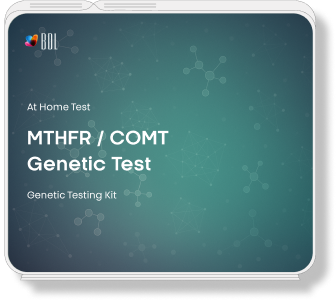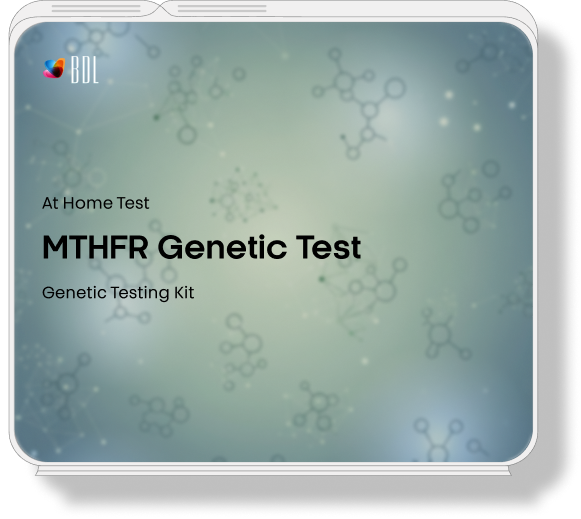OTS Fitness
Hormones, secreted by endocrine glands, play a vital role in regulating the functions of body cells, tissues, organs, and systems.
OTS Fitness:
Hormones, secreted by endocrine glands, play a vital role in regulating the functions of body cells, tissues, organs, and systems.
The Impact of Exercise on Hormones
Physical exercise challenges the body by increasing energy demands and placing physiological stress on the nervous, muscular, cardiovascular, metabolic, and respiratory systems. During exercise, the levels of key hormones—salivary cortisol, DHEA, and testosterone—rise in response to the intensity of the activity.

Variations in Hormonal Responses
Hormonal responses to exercise differ based on training type:
- Endurance Training: Produces a milder hormone response to physical activity.
- Resistance Training: Triggers a more pronounced hormone response. Additionally, increased cortisol levels often reflect exercise intensity rather than the type of exercise performed.
Variations in Hormonal Responses
Hormonal responses to exercise differ based on training type:
- Endurance Training: Produces a milder hormone response to physical activity.
- Resistance Training: Triggers a more pronounced hormone response. Additionally, increased cortisol levels often reflect exercise intensity rather than the type of exercise performed.
Why Monitor Hormone Levels?
Tracking hormone levels during training helps:
- Optimize athletic performance
- Prevent overtraining syndrome
- Fine-tune training intensity and recovery periods
Salivary cortisol, DHEA, and testosterone serve as reliable biomarkers in fitness and sports medicine. These salivary hormones effectively reflect the activity of the hypothalamic-pituitary-adrenal (HPA) axis, mirroring plasma hormone levels during stress-inducing activities, such as exercise or diagnostic stimulations (e.g., ACTH and CRH tests).
Frequently Asked Questions
More questions and answers can be found on our FAQ page
Exercise increases energy demands and places physiological stress on various systems, causing key hormones such as salivary cortisol, DHEA, and testosterone to rise. The intensity of exercise significantly impacts these hormonal changes.
Monitoring hormone levels helps optimize athletic performance, prevent overtraining syndrome, and fine-tune training intensity and recovery periods. Hormones like salivary cortisol, DHEA, and testosterone serve as reliable indicators of the body’s stress response and training effects.
Endurance training elicits a milder hormonal response, while resistance training triggers a more pronounced response. Additionally, increased cortisol levels generally reflect the intensity of exercise rather than its type.
WEIGHT MANAGEMENT PROFILES
Fitness Management Profile
- Cortisol x 1 Before Exercise
- DHEA
- Testosterone
Fitness Stress Management Profile
- Cortisol x 4 AM, Noon, Evening, Night
- Testosterone
- DHEA








